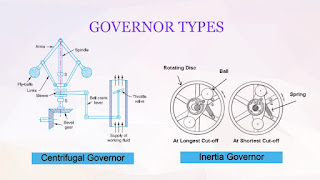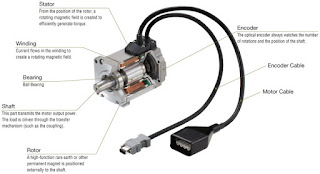
The space agency plans to open the floating lab up to private astronauts as well as commercial companies, it said. That could include film crews, for instance, who could be allowed to make ads or whole films in space.
The first space tourists could head up to the ISS in 2020, Nasa said.

Nasa has long been resistant to the idea of commercialising its operations, including the ISS. Previously, anything that was taken up to the ISS needed to have an educational or research component.
But in recent times it has become more open to the idea, with administrator Jim Bridenstine even suggesting that the US could allow companies to buy the naming rights to rockets, for example.
The missions will be part of Nasa's broader plan to allow commercial companies into space. It hopes that private industry can develop the space technologies of the future and help with its plans to return to the Moon in 2024, taking the first ever woman and the first person in decades.
Nasa hopes that the missions help test out and encourage future private missions into space, which could provide funding for further exploration in years to come.
The space agency will keep using the ISS as a place for research and testing in low-Earth orbit, doing work that will help contribute towards its plans to head to the Moon, it said. But it will also work with the private sector to allow it to use the ISS to test technologies, train astronauts and encourage the development of the "space economy", it said.
Nasa will also help develop a whole host of private spacecraft, floating around above the Earth, that can serve as a home for people, Nasa said.
The tourists – whom Nasa refers to as "private astronauts" – will go on missions of up to 30 days. While there they will perform duties that can include commercial and marketing activity, which will be limited by Nasa's rules.
There can be two of those short duration missions each year, Nasa said. They will go on privately funded, dedicated spaceflights that will use a US spacecraft, developed under Nasa's plan to encourage the private sector to build new spacecraft.
The private astronauts will still have to pass Nasa's medical standards and the training procedures to ensure they are safe on board the ISS.
Eventually, private companies could use floating habitations like the ISS to stop off at on their way to further destinations deeper in the solar system.
Nasa's decision to open up the space station comes as a variety of companies start to offer the possibility of space tourism in the future.













